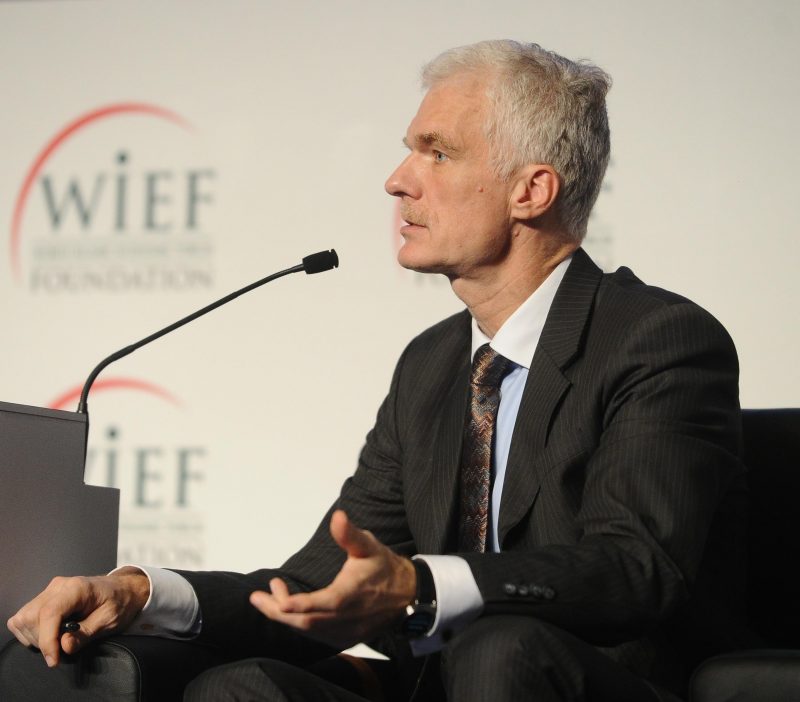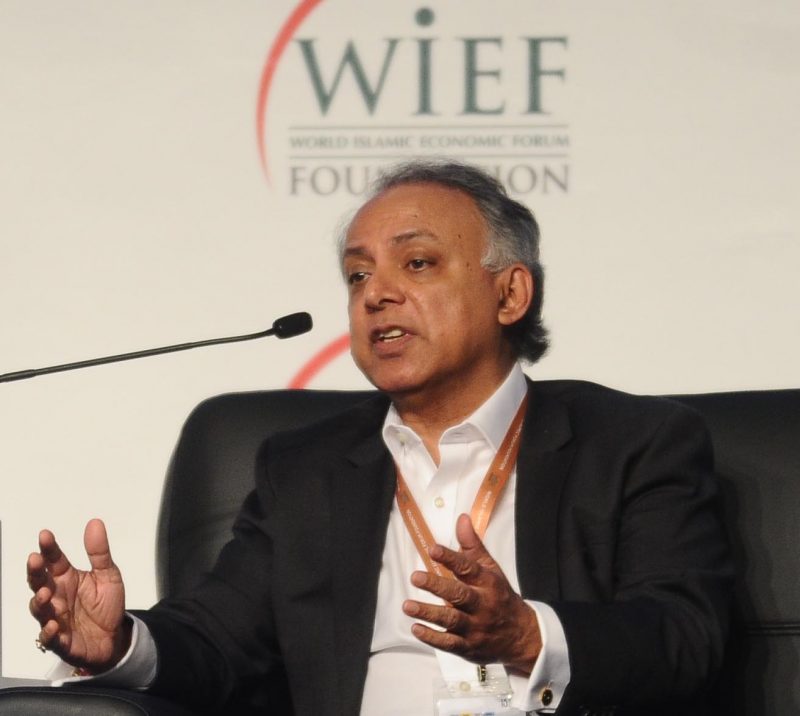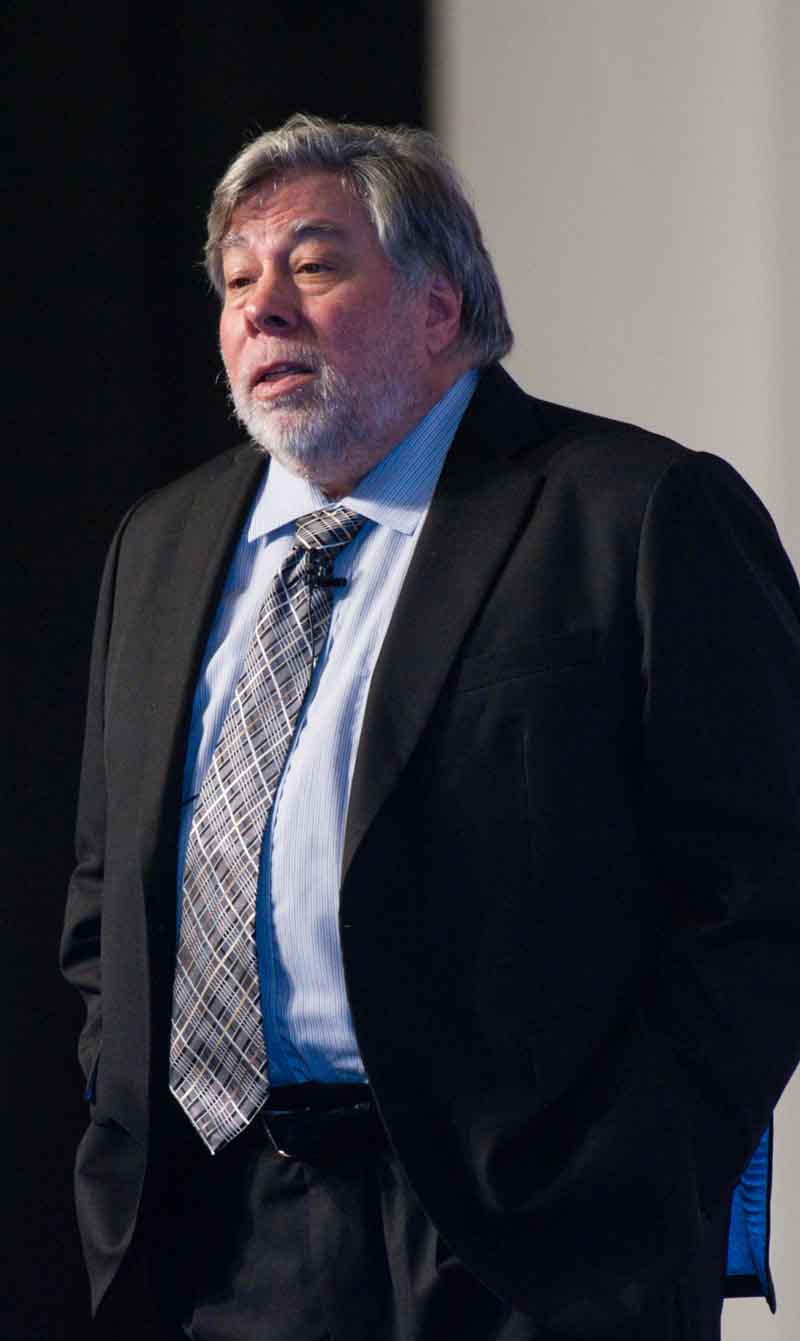Education in the 4IR
Education systems, for the most part, were supposed to equip students with the necessary skills to cope in the world. But how will the fourth industrial revolution cope with achieving those results?
According to the Internet World Statistics, over half of the world’s population were users of the internet by the end of 2017. This alone presented a very digital perspective on the future direction of education. It isn’t a wonder then, especially for the millennials to generation Z, that watching YouTube videos and vlogs have become a natural way of learning.
Instead of reading lengthy school textbooks, more and more students are teaching and learning from each other through the internet. The number of students who use the internet could possibly even outnumber the number of students who attend physical classrooms. However, with the fourth industrial revolution (4IR), will textbook exams really end up just being a thing of the past?
During a panel discussion at the 13th WIEF in Kuching, Sarawak, three education experts – Marc Prensky, founder and executive director of the Global Future Education Foundation and Institute, Andreas Schleicher, Director of Directorate of Education and Skills of OECD and Ramji Raghavan, founder and chairman of the Agastya International Foundation – discussed how education should be reconceptualised for the 4IR. These were some of the highlights of their discussion.
The value of what you know
In his presentation, Andreas noted a decline in the demand for routine cognitive skills, like memorising. ‘The world no longer rewards you for what you know,’ he said. He explained the increase in demand was in the non-routine analytic skills. ‘Creating new things and values, was something unique to the capacity of each individual and that’s something machines can’t necessarily do,’ he said.

By the end of 2017, over 50 per cent of the world’s population were internet users. This meant almost half of the world’s population were still not well-equipped for the digital revolution. One of the implications of this, according to Andreas, was that people who worked in traditional environments would decline in their problem-solving skills with time.
‘We no longer can prepare people once for a lifetime. It’s very important for people to continue to invest to continue to upgrade their qualifications and skills,’ he stressed. In contrast to working in digitally intensive environments, where people could actually learn much more and stay ahead of their colleagues.
The new digital revolution made a huge difference for the educated population, but many were still not ready for the digital world. People have realised that time spent in the classrooms and certificates can no longer guarantee basic skills to succeed in today’s world. Nevertheless, this state shouldn’t be feared. ‘4IR shouldn’t be seen as a threat. It’s going to take jobs away from us, but it’s actually creating huge opportunities for those who are well-prepared,’ Andreas said.
Andreas explained the OECD’s three classes of competence to remain successful in the 4IR: first, was the capacity to create new value and remain curious; second, was the ability to provide direction in an ambiguous fast-moving world which involved managing tension and dilemma, and; third, was the capacity to mobilise one’s cognitive, social and emotional resources to do something and take action.
Revolutionary threats
‘The biggest threat to our school systems today is not that they’re ineffective or inefficient. The biggest threat is that it becomes obsolete because the world requires a different set of skills,’ Andreas explained.

How education systems could play a role in addressing these changes was one of the tricky questions that was discussed by Ramji Raghavan. He believed that innovative and creative skills were equally, if not more important, for poor communities. In his Agastya Foundation, he sought to transform education from the ground up. He managed to disseminate hands-on creative learning to thousands of school children through the campus located in Bangalore, India. The Agastya Foundation turned out to serve as a school for schools and a laboratory that focused on different branches of sciences.
Ramji believed that people should understand that kids would figure their way out and were already preparing themselves for this age. ‘To prepare these kids to thrive in this new and different world, we better start treating them differently. The root of the problem is how we treat kids,’ he said. He pointed out that kids were preparing themselves through video games or figuring out how to connect, even coming up with impactful projects to improve the world. He believed that education should focus on empowerment.

Marc prensky agreed that people needed to listen to what the kids were doing. ‘We need to make a civilisation level change, in how we think about education, to a very new educational paradigm,’ Marc stated. He thought that most of what was done in education systems today and in schools was irrelevant and that real education was outside. ‘If we don’t do better at helping our kids figure out who they are, what they are curious about and help them achieve their dreams, not our dreams, we will really fail our kids,’ Marc concluded.
___________________
For more on 13th WIEF and our Foundation’s initiatives, download our 2017 report here.
Photo Credit:





